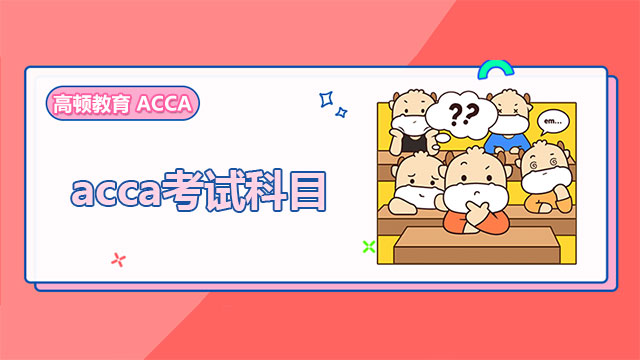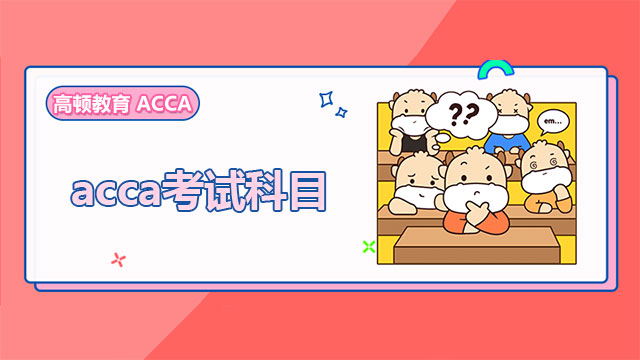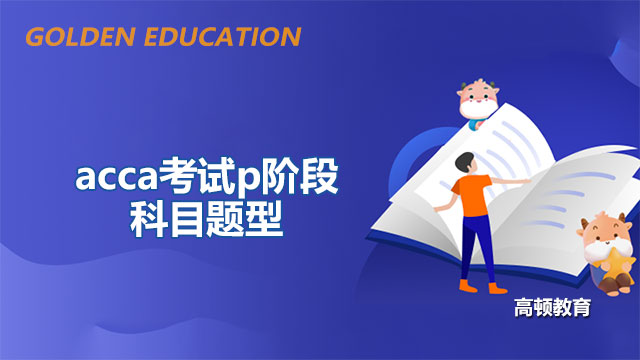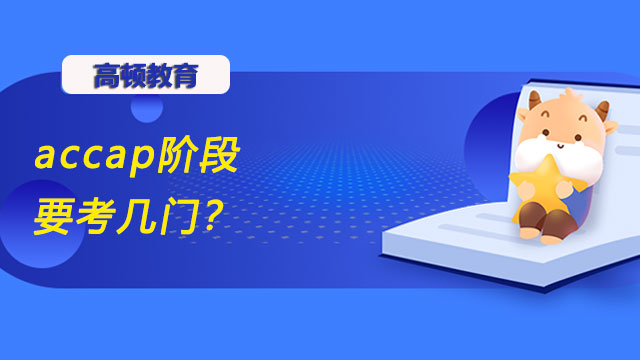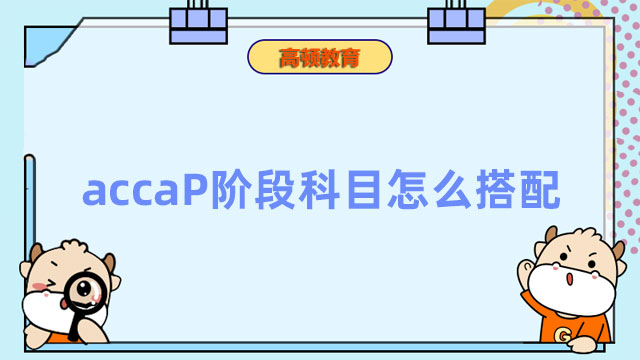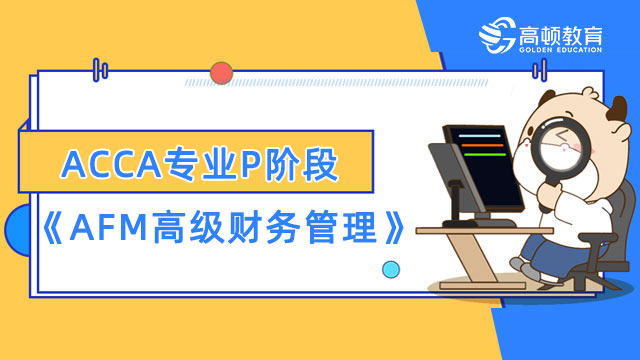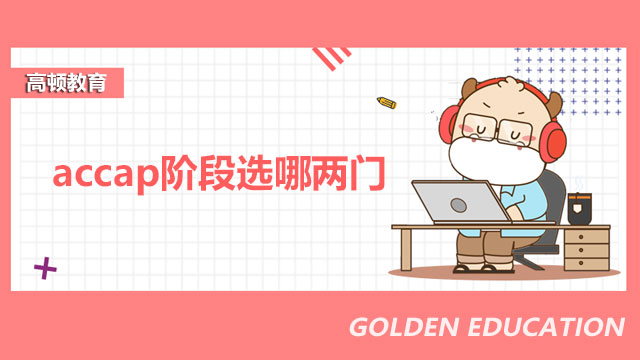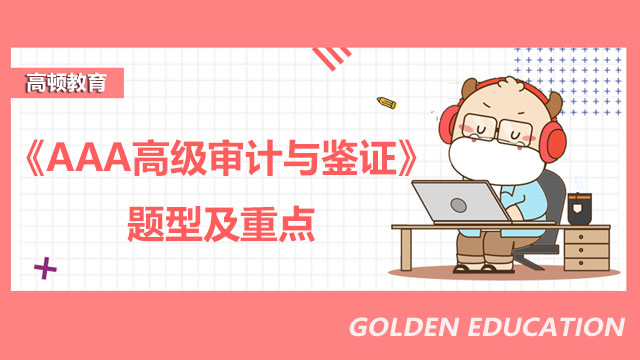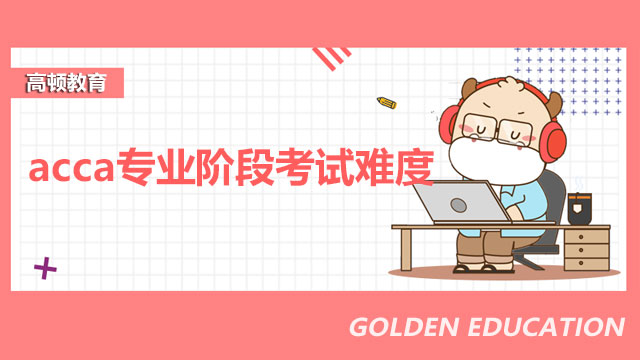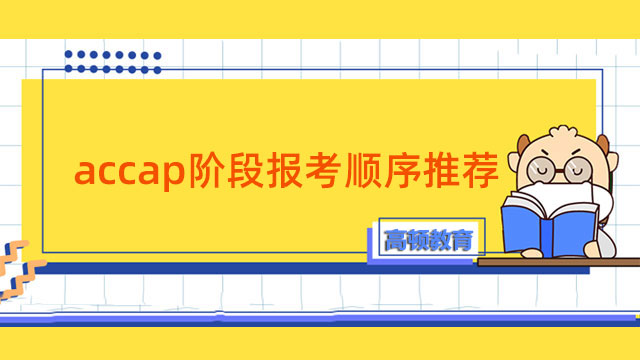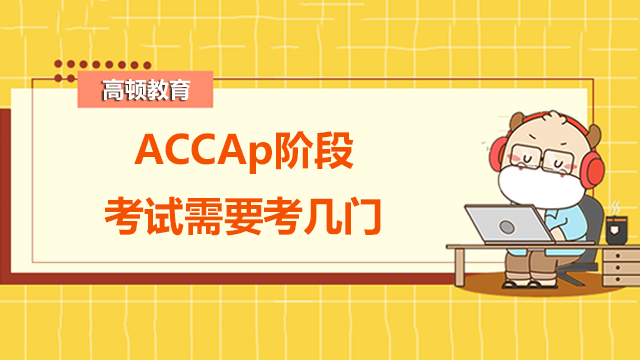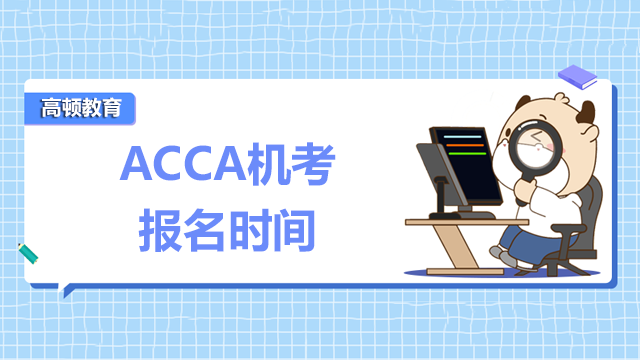ACCA P1考试:Transaction Cost Theory
来源:
高顿网校
2015-10-09
高顿网校小编今天分享给大家ACCA P1考试知识点:Transaction Cost Theory,供小主们参考。
1 Development
Initially considered by Ronald Coarse (1937), transaction costs were first defined in purely economic terms as the costs incurred in making an "economic exchange with an external third party".
These include:
These include:
search and information costs—such as market research and employing consultants (e.g. to determine who has the goods and services available, terms and conditions and
prices charged by different suppliers);
bargaining costs—such as legal fees (e.g. in negotiating prices, terms and conditions, reaching an acceptable agreement, drawing up contracts, etc); and
policing and enforcement costs (e.g. to ensure that there is no breach of contract and to seek redress if there is).
Coarse argued that these market-based transactions and costs can be eliminated within a firm. Firms should therefore tend toward vertical integration (e.g. brewery groups, oil groups) as this would remove such costs and the risks and uncertainties of dealing with external sources. Ultimately, the market would be replaced by one firm.
His underlying assumption was that managers make rational decisions for the primary aim of profit maximisation. Further work by Cyert and March (1963), Williamson (1966) and others considered that a firm consists of people with differing views and objectives. They also extended the concept of transactions from merely buying and selling to include intangible elements (e.g. promises made and favours owed).
They also considered managers to behave rationally, but only up to a certain point as, like all human beings, they also are opportunistic. As agents, they take advantage of opportunities to further their own self-interest and privileges.
While managers would organise transactions for the firm's benefit, there would come a point eventually (e.g. when it is worth the risk and they do not expect to be caught) when certain transactions and opportunities would be geared to the manager's benefit.
Consequently, principals need to ensure that transactions maximise the benefit to the company while minimising the potential for opportunism by agents.
2 Comparison to Agency Theory
Both agency theory and transaction cost theory, in their current forms, aim to explain the need for the principal to control the agent, or rather ask the question: "How can company management be persuaded to maximise the interests of the shareholder rather than management's own interests?"
高顿网校温馨提醒
各位考生,2015年ACCA备考已经开始,为了方便各位学员能更加系统地掌握考试大纲的重点知识,帮助大家充分备考,体验实战,高顿网校开通了全免费的ACCA题库(包括精题真题和全真模考系统),题库里附有详细的答案解析,学员可以通过多种题型加强练习。戳这里进入ACCA免费题库>>>
| ACCA网络课程 | 课程专业名称 | 讲师 | 试听 |
 85%的人正在学习该课程 85%的人正在学习该课程 | ACCA 全维度网课体验课程 实景课堂与独立录制 覆盖所有知识点,根据学习计划推进学习进度 | 高顿名师 |  |
 70%的人正在学习该课程 70%的人正在学习该课程 | ACCA网课全科卡(8.2折) 为零基础刚开始学习ACCA的学员特别定制 | 高顿名师 |  |
精彩推荐:
版权声明:本条内容自发布之日起,有效期为一个月。凡本网站注明“来源高顿教育”或“来源高顿网校”或“来源高顿”的所有作品,均为本网站合法拥有版权的作品,未经本网站授权,任何媒体、网站、个人不得转载、链接、转帖或以其他方式使用。
经本网站合法授权的,应在授权范围内使用,且使用时必须注明“来源高顿教育”或“来源高顿网校”或“来源高顿”,并不得对作品中出现的“高顿”字样进行删减、替换等。违反上述声明者,本网站将依法追究其法律责任。
本网站的部分资料转载自互联网,均尽力标明作者和出处。本网站转载的目的在于传递更多信息,并不意味着赞同其观点或证实其描述,本网站不对其真实性负责。
如您认为本网站刊载作品涉及版权等问题,请与本网站联系(邮箱fawu@gaodun.com,电话:021-31587497),本网站核实确认后会尽快予以处理。
点一下领资料
【整理版】ACCA各科目历年真题
真题高频考点,刷题全靠这份资料
下载合集
acca全科学习思维导图
梳理核心考点,一图看懂全部章节
下载合集
2023年acca考纲解析
覆盖科目重难点,备考按照计划走
下载合集
acca备考 热门问题解答
- acca考试怎么搭配科目?
-
建议优先选择相关联的科目进行搭配报考,这样可以提高备考效率,减轻备考压力,1、F1-F4:为随时机考科目,难度较低,这里可以自行随意选择考试顺序。2、F5-F9:如果你的工作的和财务会计或者审计有关、或者你比较擅长财务和审计的话,推荐先考F7和F8。你可以选择一起考ACCA考试科目F7和F8或者先考F7(8)再考F8(7),这就要取决你一次想考几门。3、P阶段:选修科目中,建议企业首选AFM!第二部分科目进行选择,如果AA和SBR掌握学生更好,可以通过选择AAA,如果SBL掌握的好,可以自己选择APM。
- acca一共几门几年考完?
-
acca一共有15门考试科目,其中有必修科目和选修科目,考生需要考完13门科目才能拿下证书。
- acca一年考几次?
-
acca一年有4次考试,分别是3月、6月、9月和12月,分季机考科目是采取的这类四个考季的模式,而随时机考则是没有这方面的时间规定限制,可以随报随考。
- acca的含金量如何?
-
ACCA证书的含金量是比较高的,从就业、能力提升、全球认可等角度来说,都是比较有优势的证书,其含金量主要表现在以下几个方面:1、国际化,认可度高;2、岗位多,就业前景好;3、缺口大,人才激励。
严选名师 全流程服务
其他人还搜了
热门推荐
-
acca专业阶段考试科目有哪些?究竟都考些什么? 2023-04-23
-
accaP阶段科目考完需要多久?速戳了解! 2023-03-28
-
ACCA高级课程是哪几门?和基础课程比难度怎么样? 2023-03-17
-
sbr和sbl哪个难?accaP阶段先考哪个? 2023-03-16
-
accaP阶段报名费是多少?一文介绍全了! 2023-03-14
-
accaP阶段有哪些科目?各科目详细介绍! 2023-03-14
-
accap阶段考试顺序是怎样的?选修科目怎么选? 2023-03-10
-
acca考试科目:《ATX高级税务》重点详解! 2023-03-06
-
acca考试科目:《APM高级业绩管理》重点详解! 2023-03-06
-
acca考试科目:《AFM高级财务管理》重点详解! 2023-03-06
-
accap阶段有效期是多久?需要几年内考完? 2023-03-01
-
accaP阶段选修选哪两门?各科难度对比来了! 2023-02-28
-
2023年acca的sbl怎么学?点击查收备考攻略! 2023-02-24
-
acca考试p阶段科目题型,附各科分值参考! 2023-02-23
-
accap阶段要考几门?重难点是什么? 2023-02-10
-
accap阶段要考几门?重难点是什么? 2023-02-10
-
accaP阶段科目怎么搭配?先考哪门? 2023-02-09
-
ACCA专业P阶段:《AFM高级财务管理》复习攻略 2023-01-30
-
accap阶段选哪两门?考试重难点介绍! 2023-01-17
-
acca考试科目:《AAA高级审计与鉴证》题型及重点! 2023-01-17
-
acca专业阶段考试难度分析,选修科目报考指南来了! 2023-01-12
-
accap阶段报考顺序推荐,先报哪个好? 2022-12-15
-
ACCAp阶段一次最多考几门?成绩有效期是多久? 2022-08-24
-
ACCA的p阶段需要备考多久才够?考试难度怎么样? 2022-08-18
-
ACCAp阶段考试需要考几门?考试时间是哪天? 2022-08-15
-
ACCA考试P阶段考几门?P阶段成绩有效期是多久? 2022-08-12
-
ACCAP阶段科目难度高吗?P阶段是机考吗? 2022-08-10
-
ACCA最后四门难考吗?通过率怎么样? 2022-07-19
-
ACCA英语不好怎么办?怎么提高英语? 2022-07-14
-
ACCA机考报名时间是什么时候?怎么报考? 2022-07-14
 更多服务
更多服务

















